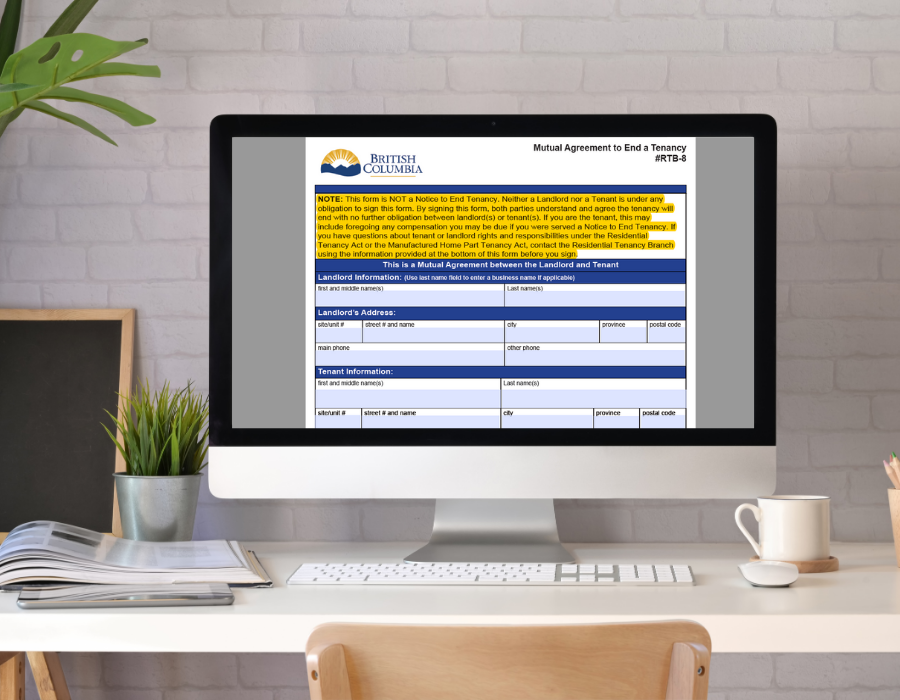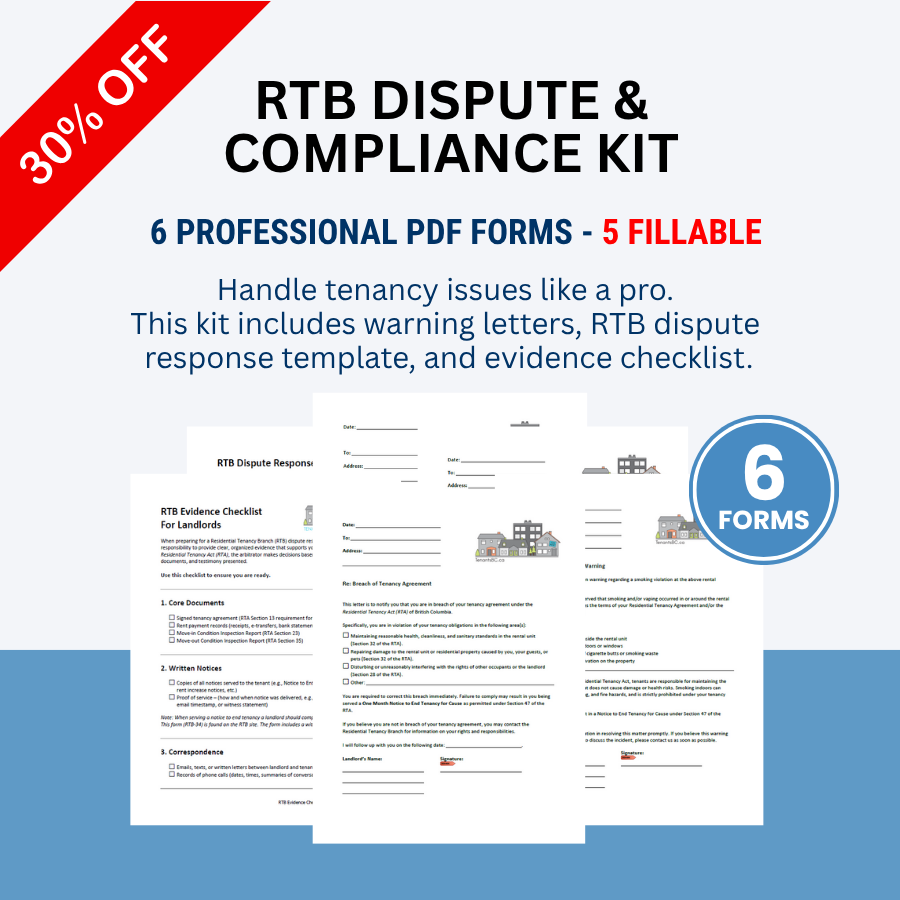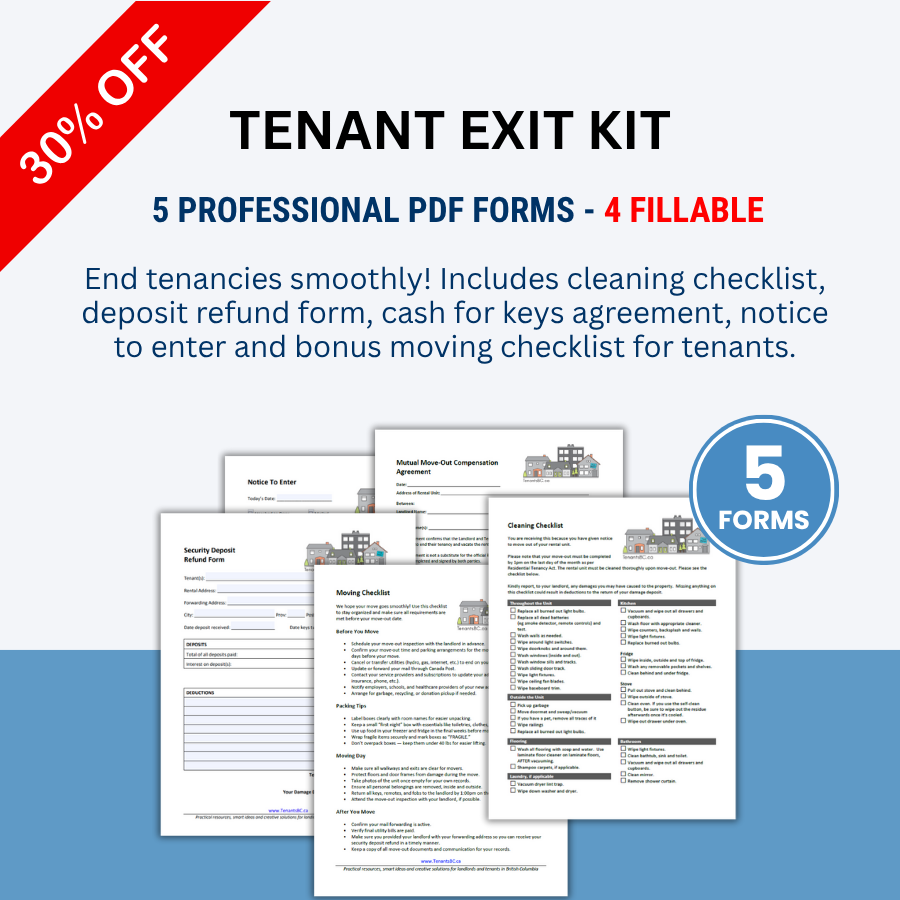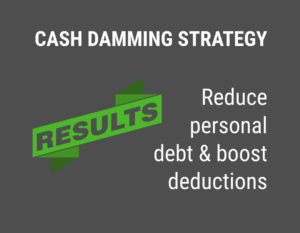How to (Legally) Remove a Tenant in BC: Practical Strategies for Landlords
Ending a tenancy in British Columbia isn’t always simple. The Residential Tenancy Act (RTA) outlines strict rules that protect both landlords and tenants—but in practice, landlords often face challenges when trying to remove tenants who are problematic, uncooperative, or simply no longer a good fit.
While unlawful evictions can result in hefty penalties, there are legal and strategic methods landlords can use to end a tenancy. In this article, we’ll cover both the official legal eviction processes and grey area alternatives that, when done right, can help you regain control of your property.
Use the Right Legal Notice
The first and most straightforward route is to serve the appropriate Notice to End Tenancy. In BC, you must have a valid reason—and use the correct form—if you want to end a tenancy legally. You will find all the Notices To End Tenancy here.
10-Day Notice for Non-Payment of Rent
If rent is even one day late, landlords can issue a 10-day notice. The tenant has 5 days to pay or dispute. If they do neither, the tenancy ends after 10 days.
1-Month Notice for Cause
Valid for repeated late payments, excessive noise, significant damage, or breach of agreement after written warnings. This type of notice must clearly outline the cause and is often subject to dispute resolution.
2-Month Notice for Landlord Use of Property
Permitted when:
-
You or a close family member (parent, child, or spouse) plan to move in
-
You plan to demolish or convert the unit
-
The property is being used for caretaker purposes
Note: You must pay one month’s rent compensation unless the tenant fails to pay rent during the notice period.
4-Month Notice for Major Renovations or Repairs
If renovations require the unit to be vacant and permits are involved, you may issue a 4-month notice. This is commonly known as a “renoviction”—but it must be legitimate and provable. Effective July 1, 2021, BC’s Residential Tenancy Act tightened rules around renovictions to protect tenants and ensure only truly major projects qualify for ending a tenancy.
The proposed work must be major, such that the unit must be vacated—examples include structural changes, full gut renovations, or major plumbing/electrical upgrades (cosmetic updates like painting don’t qualify). You must have obtained all necessary permits and approvals before giving any notice
What You Must Do:
-
Apply to the Residential Tenancy Branch (RTB) for an Order of Possession—you cannot end the tenancy via a simple notice alone.
-
Participate in an RTB hearing where an arbitrator will determine if the vacancy is necessary.
-
If approved, serve the official 4‑Month Notice to End Tenancy (RTB‑29), detailing reasons, permit evidence, and timeline.
Mutual Agreements to End Tenancy (Buyouts)
If you don’t have grounds for eviction but want the tenant to leave (for example, to raise rent or change the use of the property), a mutual agreement is a powerful option.
Offer a cash incentive, moving assistance, or simply a respectful conversation to request a voluntary move-out in writing. This is fully legal—as long as the tenant agrees voluntarily and signs the RTB’s Mutual Agreement form.
Tips:
-
Put everything in writing
-
Avoid coercion
-
Offer an incentive (e.g., 1–2 months’ rent)
This can be a win-win: tenants leave on good terms, and you avoid disputes or delays.
Strategic Timing: End of Fixed-Term Tenancy
For fixed-term leases signed after December 31, 2017, most automatically roll into month-to-month tenancies unless a valid vacate clause is included—typically only enforceable if you or a close family member plan to move in.
Use this to your advantage by planning ahead and including appropriate clauses if you anticipate needing the unit back.
Creative, Lawful Pressure (Use with Caution)
While you can’t harass tenants into leaving, some indirect but legal tactics can encourage voluntary departures when used ethically and respectfully such as strict enforcement of lease terms. Start documenting all minor lease violations—late rent, noise complaints, improper use of the unit. After enough warnings, you may have grounds for a 1-month notice for cause.
What NOT to Do (Avoid Illegal Evictions)
The following actions are illegal in BC and can result in compensation claims, RTB orders, or even fines:
-
Changing locks without an RTB order
-
Shutting off utilities
-
Harassing or threatening the tenant
-
Providing misleading information about tenant rights
Final Tips for Landlords
-
Document everything: Late payments, correspondence, noise complaints, etc.
-
Be professional: Avoid verbal confrontations or emotional appeals.
-
Follow the RTA: Use official forms and proper notice periods.
-
Consult the RTB or a lawyer for complex situations or repeat disputes.
Need More Landlord Resources? Visit www.tenantsbc.ca/landlord for more articles specifically written for housing providers in BC.













